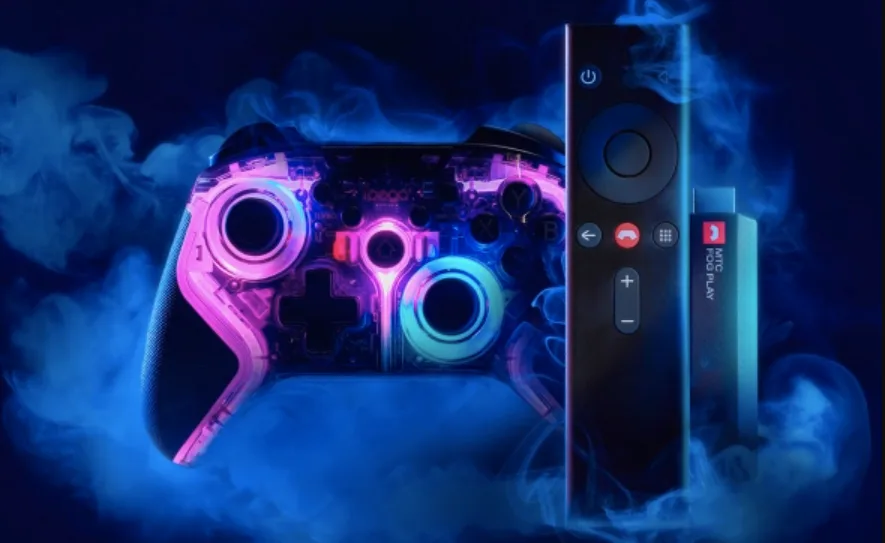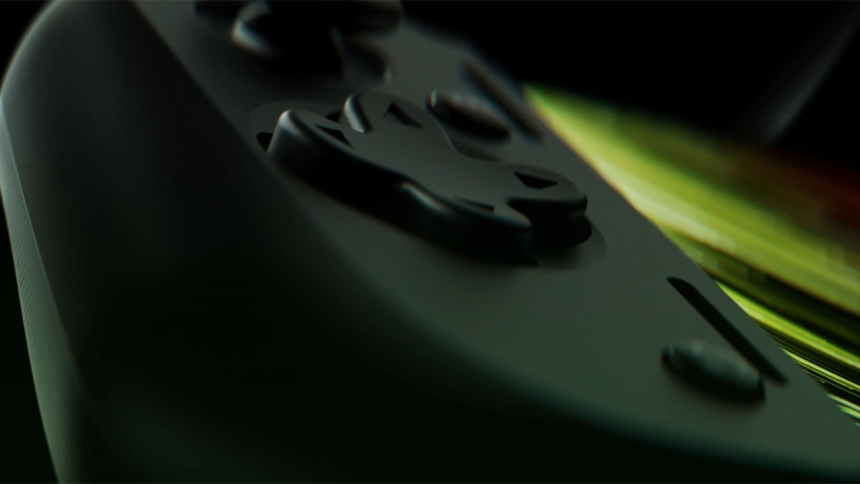Even so, it’s getting a lot of help from China.
In a bid to reduce reliance on Western technology, Russia has been steadily advancing efforts to establish technological independence. The country’s latest endeavor involves an intriguing step into the video gaming industry: the development of domestic gaming consoles. This move, spearheaded by the Ministry of Industry and Trade, reflects a broader push for self-reliance in technology amidst ongoing geopolitical tensions and sanctions.
The Vision: A Russian-Made Gaming Console
On December 25, Anton Gorelkin, Deputy Chairman of the State Duma Committee on Information Policy, disclosed details about a homegrown video game console currently in development. According to TechSpot, the project will feature an Elbrus processor and run on either Aurora or Alt Linux, both of which are Russian-developed forks of the popular Linux operating system.
The Elbrus processor, developed by the Moscow Center of SPARC Technologies, has primarily been used for defense, critical infrastructure, and other specialized applications. While functional, it falls significantly behind the performance benchmarks set by global giants like Intel, AMD, and Arm. Consequently, the console is not expected to compete with the likes of the PlayStation 5 or Xbox Series X in terms of raw power. However, Gorelkin emphasized that the goal isn’t to port existing games but to foster an ecosystem of “domestic video game products.”
This statement underscores a crucial aspect of the initiative: creating a self-sustaining gaming industry that includes hardware and a dedicated developer community. To make this vision a reality, Russia would need to cultivate and support a robust pool of game developers capable of designing exclusive content for the console—a challenge that’s easier said than done.

Enter Fog Play: Russia’s Cloud-Gaming Ambitions
While the traditional console market may be a long shot, Russia is also exploring cloud gaming as an alternative. Another project, Fog Play, is being developed as a cloud-based gaming device. This innovative concept allows users with high-performance PCs to rent out their systems to Fog Play owners, who can then stream games via the cloud.
This approach may offer a workaround for Russia’s hardware limitations, as the device itself doesn’t need to house cutting-edge components. Instead, it relies on high-speed internet and robust servers to deliver a seamless gaming experience. However, challenges such as network infrastructure and latency issues could hinder widespread adoption.
The Broader Context: Technological Sovereignty
These gaming consoles are just one facet of Russia’s overarching strategy to achieve technological independence. Since its invasion of Ukraine in 2022, Russia has faced escalating sanctions from Western nations, limiting access to advanced technologies and forcing the country to develop its own alternatives.
One significant step in this direction has been the adoption of Astra Linux. This operating system has become a staple across government, military, intelligence, and even educational institutions. Similarly, in response to fears of US surveillance, Russia has been working on Multiscanner, a domestic alternative to Google-owned VirusTotal, which scans files and websites for malicious content.
Despite these efforts, the road to full independence remains steep. Russia continues to rely heavily on Chinese technology, particularly in the consumer electronics sector. Chinese smartphones dominate the Russian market, and Chinese dual-use technologies frequently enter the country, even as Beijing has ceased exporting them to the United States.
The Challenges: Can Russia Compete?
Russia’s ambition to develop a domestic gaming console is emblematic of the larger hurdles it faces in achieving technological sovereignty. The Elbrus processor, while serviceable for specific applications, lacks the power to rival cutting-edge chips used in modern gaming consoles. This hardware deficit means Russian consoles will likely target niche markets or serve as symbolic efforts rather than global competitors.
Moreover, building a thriving game development community is no small feat. Developers need access to resources, tools, and training—areas where Western companies like Microsoft, Sony, and Nintendo have decades of experience and investment. Without significant government support and incentives, attracting talent and fostering innovation will be difficult.
Why This Matters
The development of Russian gaming consoles might seem like a small piece of a larger puzzle, but it highlights the lengths to which the country is willing to go to reduce its dependence on Western technologies. These efforts are as much about national pride and geopolitical strategy as they are about practicality.
However, technological independence doesn’t happen in a vacuum. While the Elbrus processor and Russian operating systems demonstrate some progress, the reliance on Chinese technology underscores the challenges of isolation in an interconnected world. For Russia to truly achieve sovereignty in gaming—or any other tech sector—it must address not only hardware and software limitations but also the need for global collaboration and innovation.
The Road Ahead
The future of Russia’s domestic gaming consoles remains uncertain. The success of these projects hinges on overcoming significant technical, financial, and geopolitical obstacles. Whether through traditional hardware like the Elbrus-powered console or innovative cloud solutions like Fog Play, these efforts will undoubtedly shape the narrative of Russia’s push for technological independence.
While it’s unlikely that Russian consoles will dethrone industry leaders anytime soon, their development marks a critical step in the country’s quest to establish its own tech ecosystem. For now, Russia’s gaming ambitions may be more about sending a message than conquering the market—but it’s a message the world is sure to hear.










